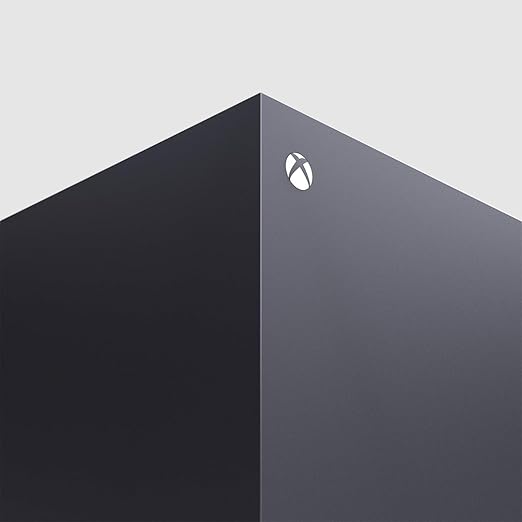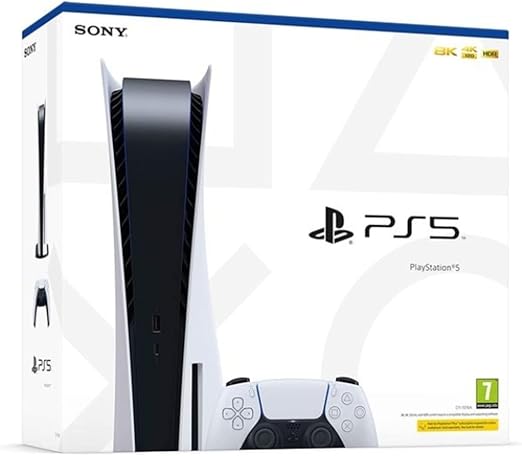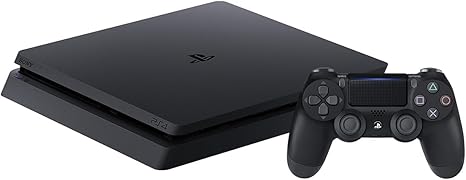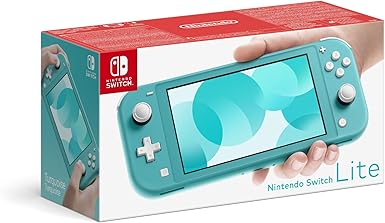Consoles vs. PCs: Which is Better for Gaming?
Introduction
The debate between gaming consoles and PCs has been ongoing for decades. As technology advances, both platforms offer unique advantages, making the choice more difficult for gamers. This article explores key factors such as performance, cost, game availability, customization, and long-term value to help you decide which is best for your gaming needs.
Performance: The Heart of Gaming
Gaming PCs often take the lead in raw performance. With high-end graphics cards, customizable settings, and ultra-high frame rates, PCs provide superior visuals and responsiveness. Consoles, however, offer optimized performance with dedicated hardware, ensuring smooth gameplay without the need for upgrades.
Graphics and Frame Rates
PCs allow gamers to push graphical settings to the highest levels, supporting 4K resolution, ray tracing, and frame rates exceeding 240 FPS. Consoles, such as the PlayStation 5 and Xbox Series X, offer native 4K gaming but are limited in customization.
Processing Power
High-end gaming PCs feature powerful CPUs and GPUs that outperform consoles in computational tasks. Consoles, however, are optimized for gaming-specific workloads, ensuring efficiency without requiring frequent upgrades.
Cost: Upfront and Long-Term Investment
Consoles are generally more affordable upfront, with prices ranging from £400 to £600. Gaming PCs, on the other hand, can cost upwards of £1,200 for a mid-tier setup. However, PCs offer versatility beyond gaming, making them a valuable long-term investment.
Initial Purchase Price
Consoles provide a cost-effective entry point into gaming, while PCs require a higher initial investment but offer greater flexibility.
Upgrade Costs
PCs allow for component upgrades, such as GPUs and RAM, extending their lifespan. Consoles, however, remain static until the next generation is released.
Game Availability and Exclusives
Consoles are known for exclusive titles, such as PlayStation’s "God of War" and Xbox’s "Halo." PCs, however, provide access to a vast library of games, including indie titles and mods. Additionally, cross-platform gaming has blurred the lines between console and PC exclusivity.
Exclusive Titles
Consoles often secure exclusive games that drive sales, while PCs benefit from a broader selection of titles.
Backward Compatibility
PCs support older games through emulation and compatibility layers, whereas consoles may limit access to previous-generation titles.
Customization and Upgradability
PCs allow gamers to upgrade components, such as GPUs and RAM, ensuring longevity and adaptability. Consoles, while limited in customization, provide a plug-and-play experience with minimal technical concerns.
Hardware Modifications
PC gamers can swap out components to improve performance, while console users rely on manufacturer updates.
Software Flexibility
PCs support mods, custom configurations, and third-party applications, enhancing gameplay experiences.
Multiplayer and Online Services
Both platforms offer robust online gaming experiences. Consoles require subscription services like PlayStation Plus and Xbox Game Pass, while PCs provide free multiplayer access with platforms like Steam and Epic Games.
Subscription Models
Console gamers must pay for online services, whereas PC gamers often enjoy free multiplayer access.
Cross-Platform Play
Many modern games support cross-platform multiplayer, bridging the gap between console and PC gaming.
Future-Proofing and Longevity
PCs have the advantage of longevity, as components can be upgraded over time. Consoles, however, have a fixed lifespan, typically lasting 5-7 years before a new generation is released.
Hardware Lifespan
PCs can remain competitive with periodic upgrades, while consoles require full replacements.
Software Support
PCs benefit from continuous software updates, whereas consoles may phase out older titles.
Conclusion
Choosing between a gaming PC and a console depends on individual preferences. If you prioritize performance, customization, and versatility, a PC may be the better choice. If affordability, exclusive titles, and ease of use are more important, a console might be the ideal option.





